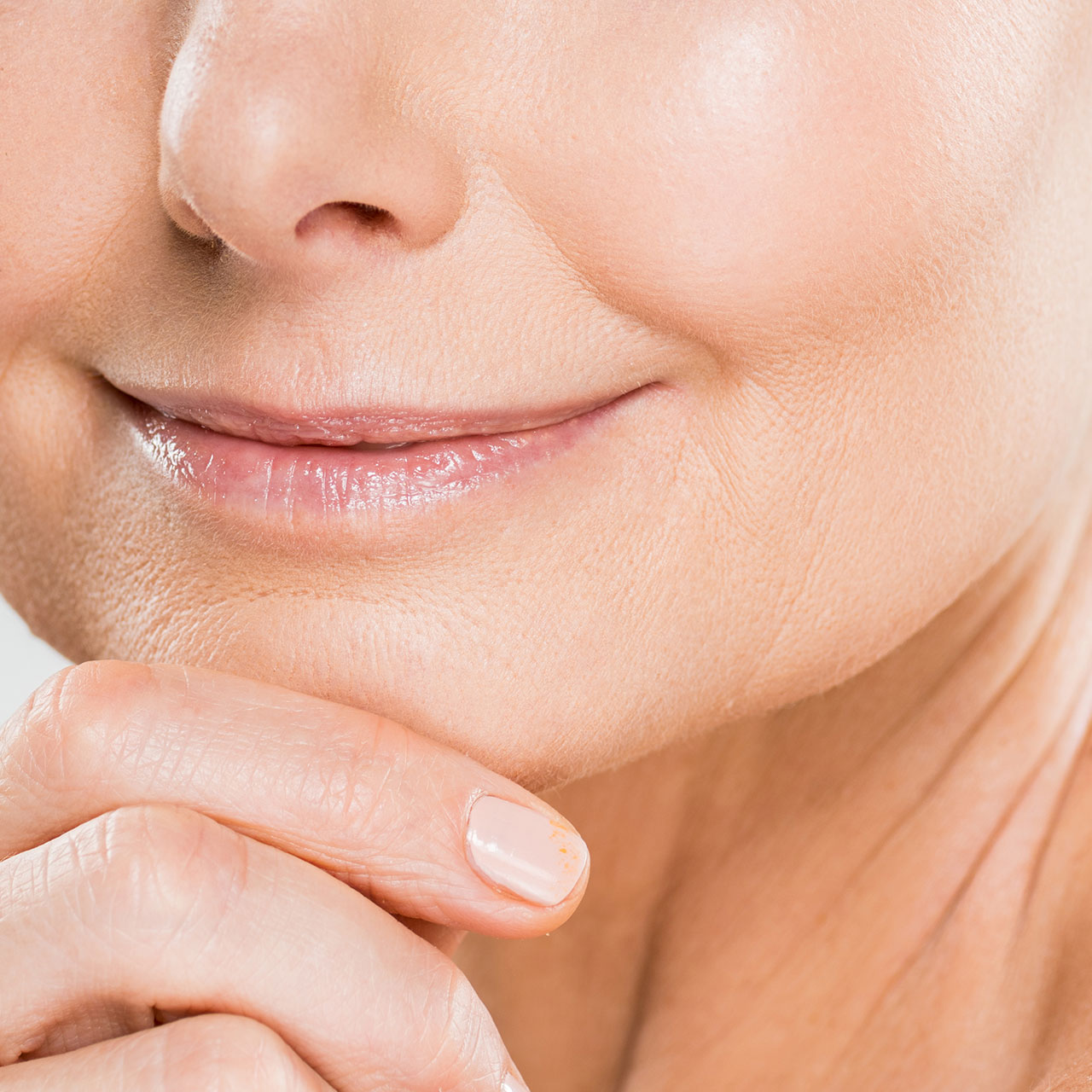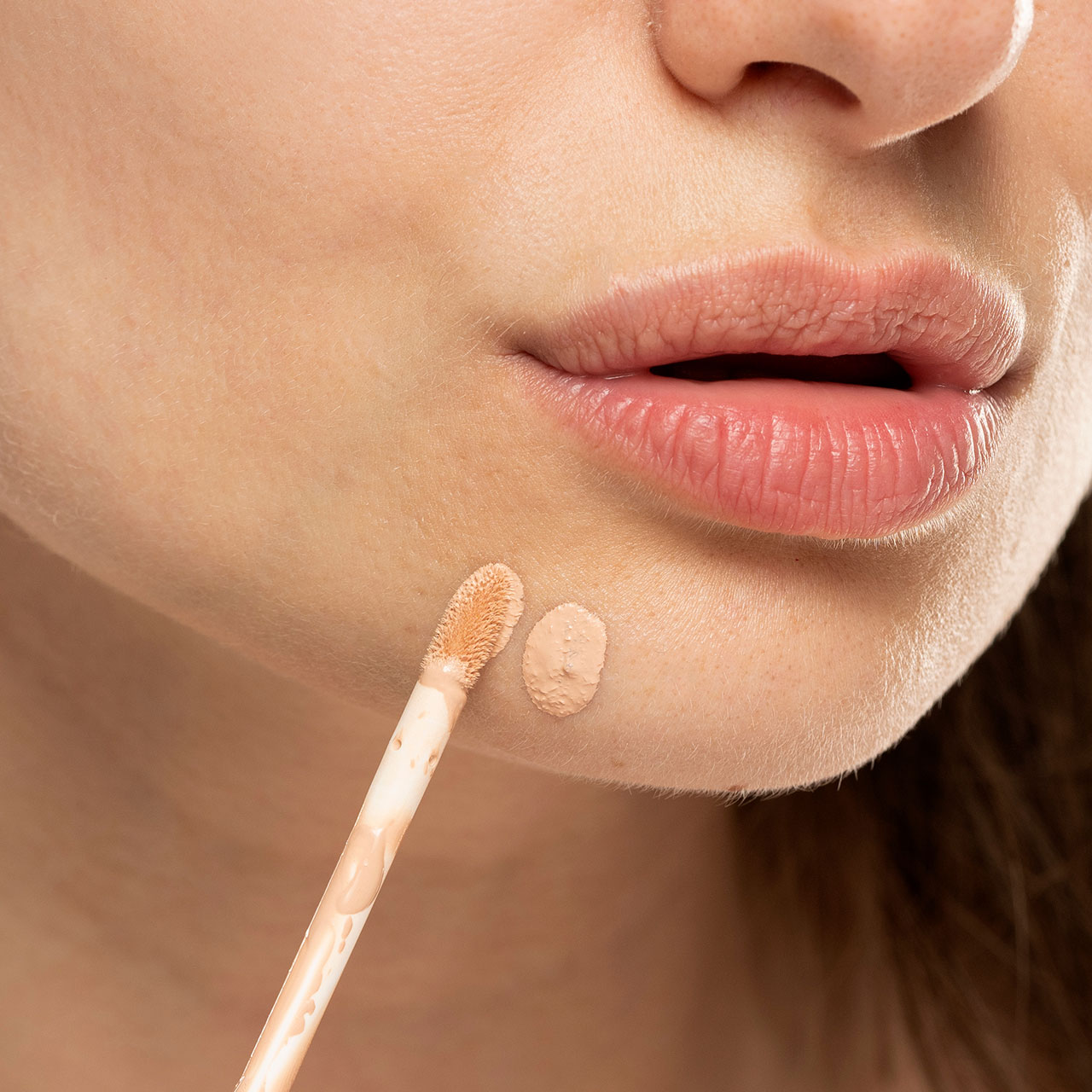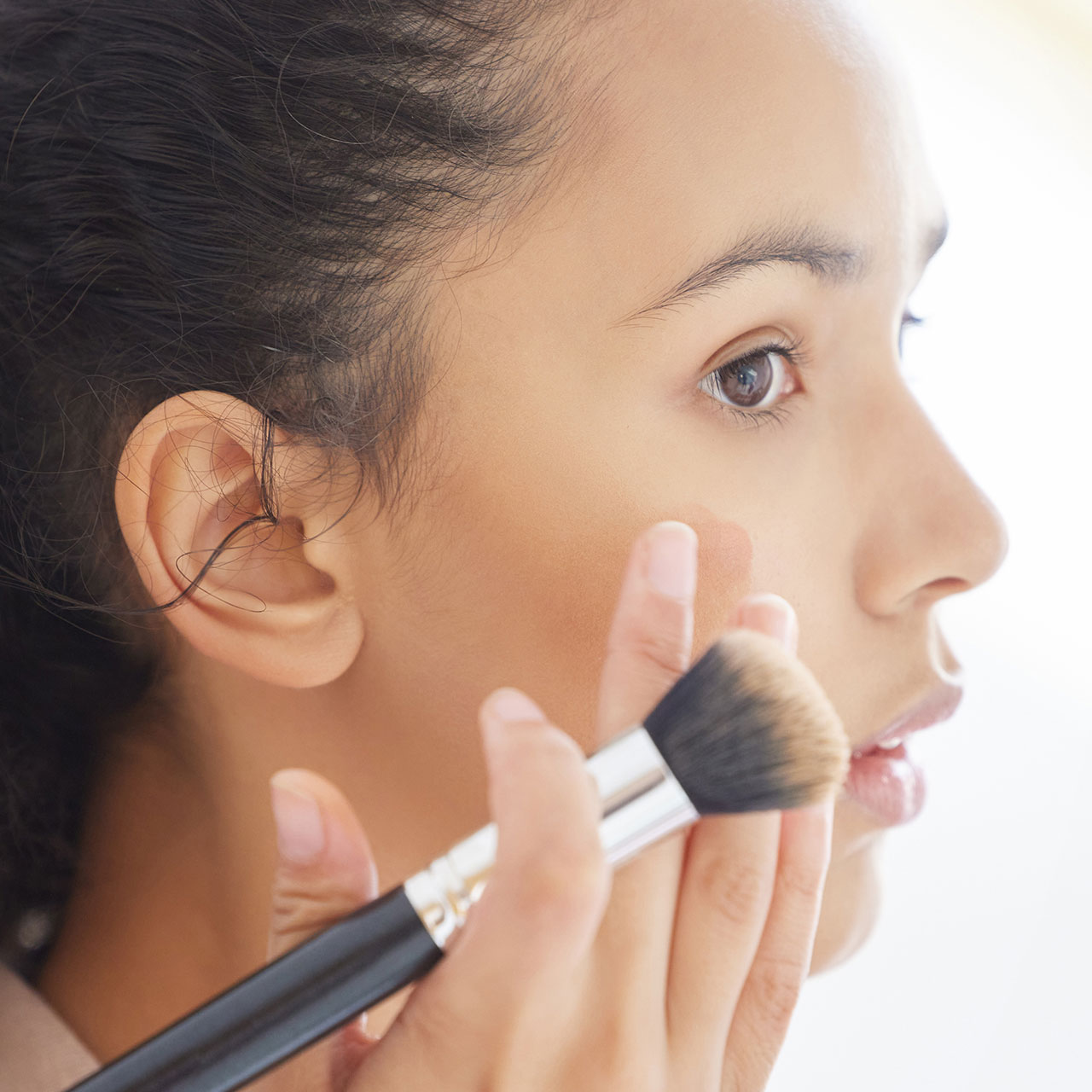This post has been updated since it was originally published on May 19, 2022.
If you want to achieve healthy and radiant skin, it’s important to understand that there’s more to it than just following a skincare routine and getting treatments done. Don’t get us wrong: The beauty products that you buy and the services you avail of can be great investments—but the efforts towards your overall skin health shouldn’t just end there. What you eat can greatly affect the state of your skin, too.
In fact, there are foods that can actually trigger or even worsen a certain skin condition. Take for example, dark spots. To know more, we consulted Dr. Marisa Garshick, a leading board-certified dermatologist at Manhattan Dermatology and Cosmetic Surgery and advisor of BioRepublic. Keep reading to see what she has to say about the causes of dark spots and how women can change their diet to address this skin concern.
What causes dark spots?
According to Dr. Garshick, “Dark spots can take the form of hyperpigmentation, which describes skin that appears darker. It can occur in small patches, cover large areas, or affect the entire body.” She explains, “A common cause of hyperpigmentation is an excess production of melanin. Melanin is a pigment that gives skin its color. It’s produced by skin cells called melanocytes. Several different conditions or factors can alter the production of melanin in your body.” Aside from hyperpigmentation, other causes include UV exposure and “changes as a result of pregnancy contributing to conditions such as melasma, post-acne marks and medications.”
What foods should women avoid in order to prevent having dark spots on the skin?
Dr. Garshick notes, “While dark spots can happen, there are some foods that may help to reduce the inflammation and fight free radical damage that predisposes to dark spots and some foods that may impact skin conditions. Foods rich in antioxidants are good for overall skin health.” Below, she enumerates the different foods you can steer clear from to prevent having dark spots:
Dairy
“It is thought that certain types of dairy, specifically cow’s milk, may be associated with acne breakouts when consumed in the form of whole, low-fat or skim milk, but not in the form of yogurt or cheese. It is thought that milk may increase IGF-1 and sebum production, which can lead to subsequent breakouts and blemishes and may contribute to dark spots as a result,” Dr. Garshick warns.
Foods with a high glycemic index
Additionally, she says, “Foods with a high glycemic index can increase inflammation and sebum production. [They] can lead to spikes in blood sugar which leads to increased insulin-like growth factor-1, which can increase certain hormones that can contribute to worsening breakouts.”
Alcohol
You might want to skip that next bottle of beer or glass of wine. Dr. Garshick mentions that “alcohol naturally dehydrates your cells, including your skin cells, making your skin dry which may worsen the appearance of dark spots and hyperpigmentation.”
Carbs
She also shares that both unrefined and refined carbs “deplete good bacteria in your body and increase skin oil production.” As a result, there is an imbalance and the “excessive skin oiliness allows acne bacteria to thrive.” Looks like you should limit your intake of white rice, white bread, popcorn, and pizza, to name a few.
Salt
“Salt contains sodium, which at high quantities dehydrates your skin cells. Skin cells then compensate by overproduction of oil and can contribute to breakouts,” Dr. Garshick explains.
Soy
“Soy contains phytoestrogens, which imitates natural estrogen, causing hormonal imbalances that can cause skin breakouts,” she warns.
Spicy foods
Planning to add hot sauce and other spicy condiments to your meal? It’s better to think twice about that because according to Dr. Garshick, “Spicy foods raise the body’s heat, causing inflammation that can trigger flare ups and make existing skin conditions like rosacea worse.”
Coffee and caffeine products
If you love starting your day with a cup of coffee, Dr. Garshick wants to point out that “caffeine causes an increase in the stress hormone cortisol, which can trigger or worsen skin conditions.”
Skincare Tips On Dealing With Dark Spots
Thankfully, aside from mindful eating, there are ways to treat existing brown spots. Dr. Garshick believes that “it can help to use products containing ingredients like retinoids or exfoliating acids which can help to brighten the skin.” She continues, “Other key ingredients to consider include niacinamide, licorice root extract, tranexamic acid, kojic acid and antioxidants like vitamin C.”
As for product recommendations, she suggests the following: “BioRepublic Bright and Glowing Mask which contains orange juice and pomegranate extract to gently exfoliate and brighten, Medik8 Crystal Retinal which uses retinaldehyde to help improve overall skin tone without irritating the skin, and Mele Dark Spot Control Serum, which includes proretinol and niacinamide.”
Moreover, Dr. Garshicks emphasizes, “It is also important to prevent dark spots from becoming worse by protecting the skin from the sun by wearing sunscreen, wearing a hat and avoiding peak hours in the sun. Tinted sunscreens often contain iron oxides which may help to protect against blue light, which is thought to contribute to hyperpigmentation.” If you want to consider in-office treatment options such as chemical peels and lasers, she clarifies that you must also check in with your dermatologist for approval.


























